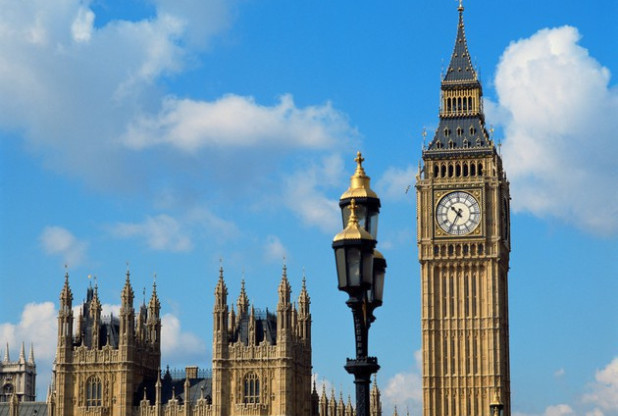
Alcohol duty frozen till February 2025
The government dashed hopes of a cut to alcohol duty following the announcement of the Spring Budget today (6 March) by chancellor Jeremy Hunt.
Industry bodies including the WSTA had pleaded with Downing Street to cut duty to “prevent further price rises for consumers, drive down inflation and increase income to the Treasury”.
However, Hunt revealed today that the current rate of alcohol duty will remain the same till February 2025. The freeze in duty was due to end in August this year.
Despite the double-digit hike from last August, which has already seen the Treasury lose hundreds of millions of pounds, the chancellor was in a buoyant mood when announcing the freeze.
“We value our hospitality industry and are backing the great British pub”, Hunt said during his address at the House of Commons.
According to HMRC, the latest excise duty receipts showed the Treasury lost £436m between September and January for wine and spirits compared with the same period in 2022/23. Since the alcohol duty hikes in August last year, Treasury coffers are down by almost £600m for all alcohol categories.
Following the duty increases, sales volumes have declined and alcohol inflation has risen to more than double the headline rate.
According to the trade body, in the 12 weeks to December sales of spirits and wine were in decline in Britain’s supermarkets and shops, down 7.1% and 4.1% respectively on the previous year.
UK consumers currently pay £2.67 on duty for a bottle of 12.5% abv wine, compared to the French who pay just 3p equivalent a bottle irrespective of its strength.
Commenting on the Budget, Miles Beale, chief executive of the WSTA said: “The wine and spirit sector will be relieved that the chancellor has spared them a further duty hike. This will help to keep price rises down for consumers for a period. Six months ago, alcohol duty was subjected to the largest increase in almost 50 years. Those tax increases fuelled inflation and had a negative impact on sales, which in turn has seen Treasury lose around £600 million in alcohol revenue. We are pleased that government has now recognised that duty hikes are bad for businesses, bad for consumers and bad for the Exchequer.”
However, the government also confirmed it will proceed with a new tax regime in February 2025, which will see duty on wine increase incrementally based on abv.
From February a single amount of duty paid on wines between 11.5 -14.5% abv, currently £2.67, will be replaced by up to 30 different payable amounts from £2.45 - £3.10 per bottle.
“The changes to taxing wine have been described as 'un-administrable' and 'sheer lunacy' by our members. Scrapping the easement for wine duty will see price increases for 75% of red wines sold in UK. The chancellor and his Treasury colleagues should have listened to businesses and kept in place the sensible, simplified procedure for taxing wine. It’s going to be a very costly mistake,” Beale added.
Meanwhile, the Scotch Whisky Association (SWA), welcomed the freeze but highlighted the disadvantages the spirits sector faces under the current tax setup.
Mark Kent, chief executive of the SWA said: “With today’s freeze cider is still taxed four times less than a spirit like Scotch Whisky and responsible consumers who enjoy a Scotch are paying too much tax compared with a beer or cider. Looking ahead, we will continue to work with the UK government to ensure that our tax system is supporting the long-term success and prosperity of our iconic homegrown sectors such as Scotch Whisky, so that Scotch and other high-quality spirits are not put at a competitive disadvantage in the UK and other markets around the world.”




